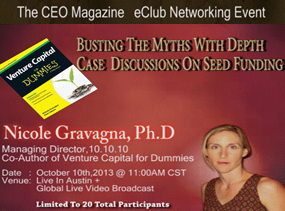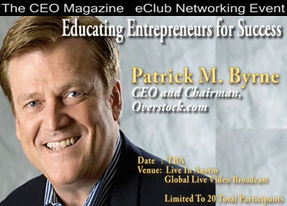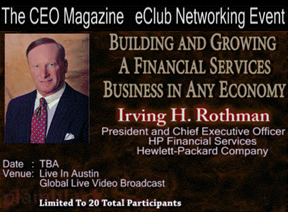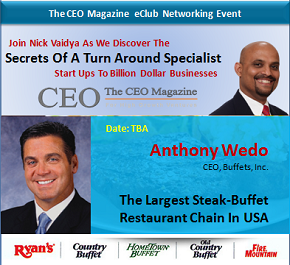You are here


Dianna Booher
Dianna Booher works with organizations to improve their productivity through clear communication and with individuals to increase their impact by a stronger executive presence.
Follow The Blog
Blog Categories
- Business Ops. (45)
- Editors (3)
- Entrepreneurship (196)
- Finance (25)
- Leadership (529)
Blog Authors
- Guest Blogger (835)
- Cynthia Kay (92)
- Linda Henman (78)
- Dianna Booher (46)
- Craig Ross (31)


















